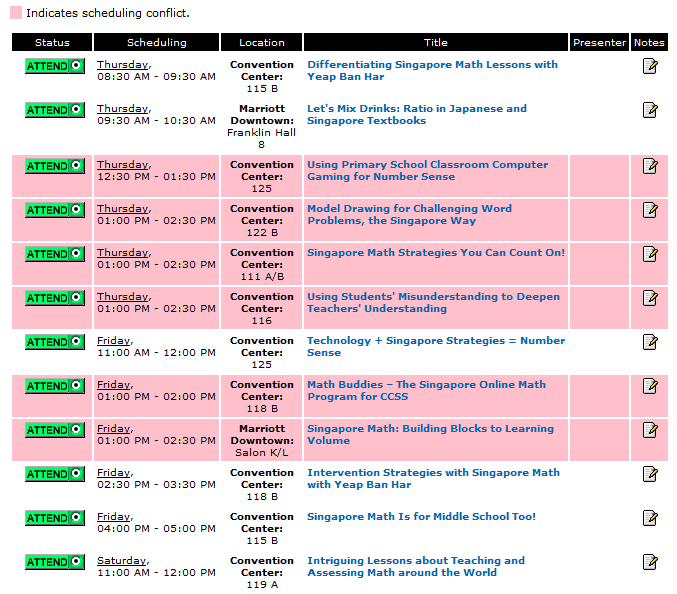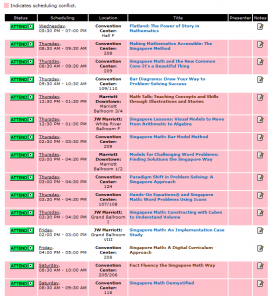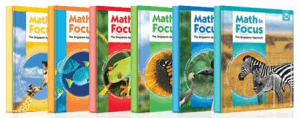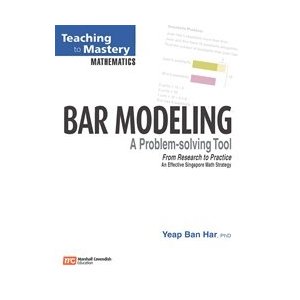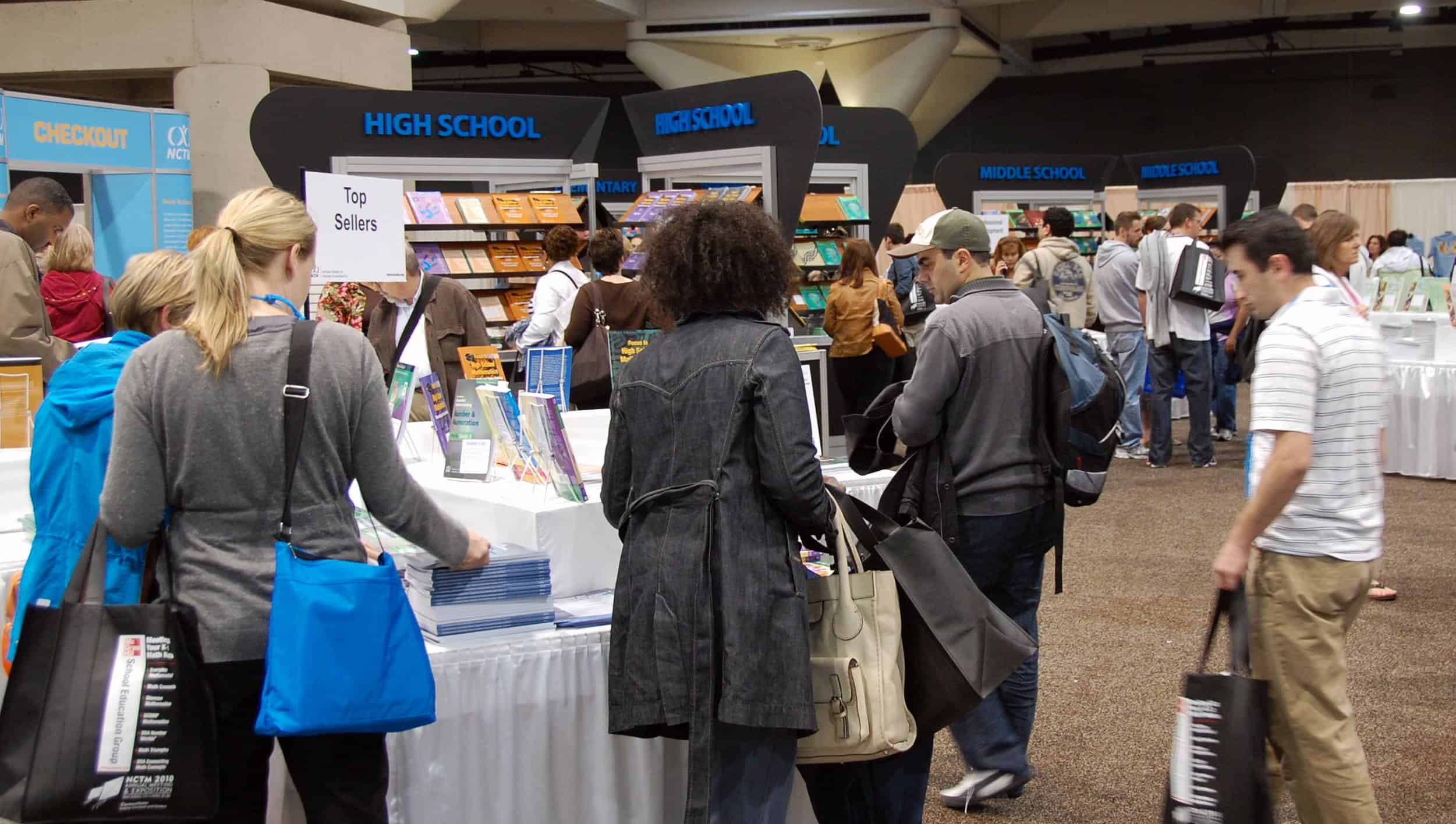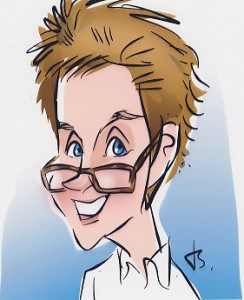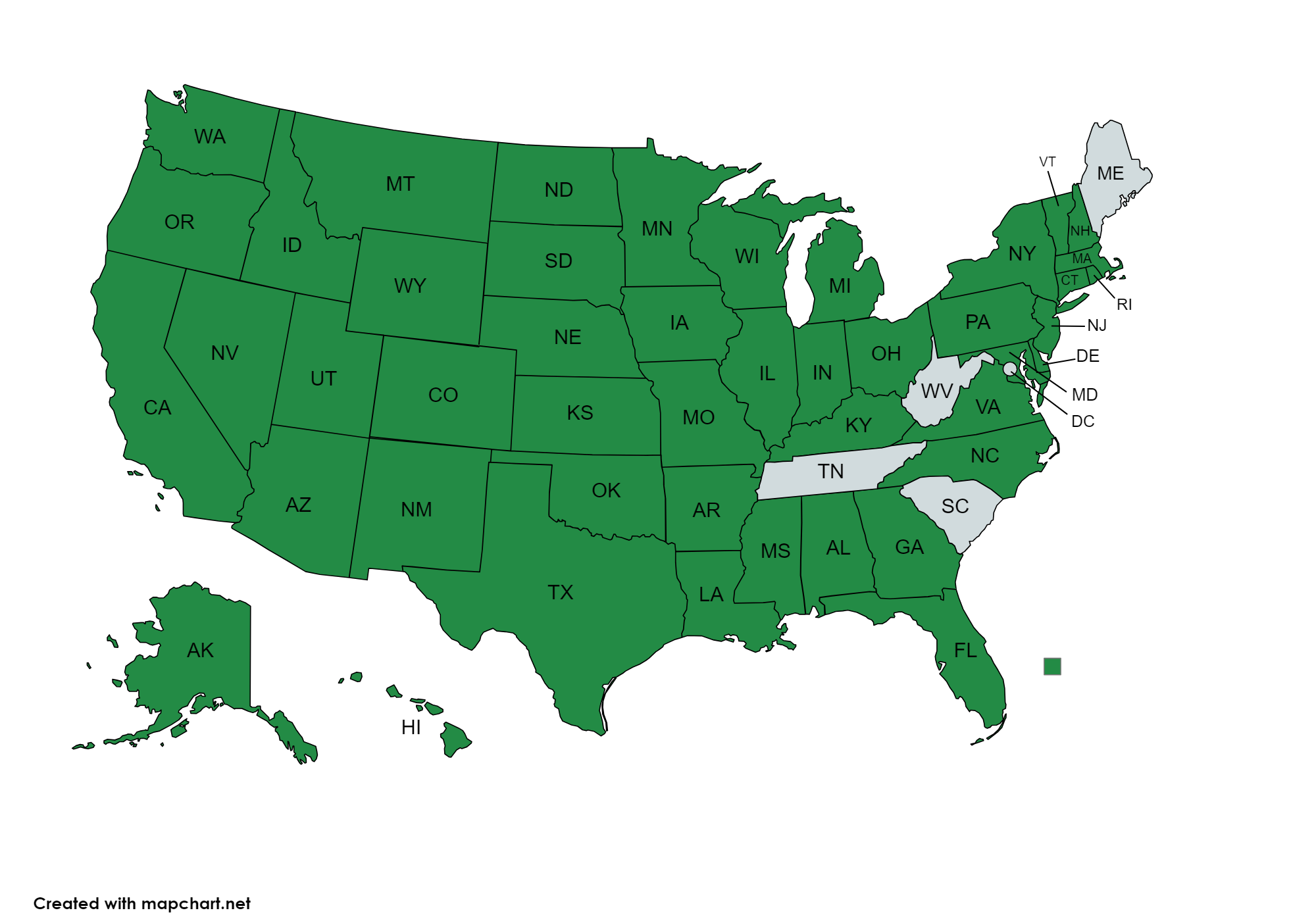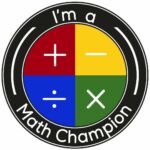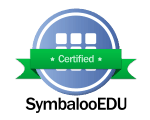If you’re like me, you’re already excitedly paging through the NCTM Conference program book, choosing which workshops and sessions to attend. With over 700 sessions this year, planning your days can be quite a challenge. If you’re looking to check out some Singapore Math sessions, there’s good news and bad.
Good news? There are 11 sessions on Singapore Math this year and they are much more diverse than in the past. (Though the number of choices is down from the 14 offered last year)
Bad news? Anything listed below in pink is an overlapping session. Below are my thoughts on which session to choose, if you have a conflict.
The best news! I’m presenting a session on Friday, April 27 at 11 AM with Lauri Susi entitled, “Technology + Singapore Strategies = Number Sense.” (More on this below)
FYI – Four of the eleven sessions are Exhibitor’s Workshops:
Exhibitor Workshops (60 minutes) are set theatre style for at least 115 people. Exhibitors showcase their products and services away from the Exhibit Hall.
Thursday, April 26: 8:30 AM-9:30 AM – No conflict
EW – Differentiating Singapore Math Lessons with Yeap Ban Har
Exhibitor Workshop: Marshall Cavendish International
Understand how Singapore Math is designed to provide learners, especially struggling ones, with adequate scaffold. Suitable for educators teaching Grades 2-7.
Thursday, April 26: 9:30 AM-10:30 AM – No conflict (but you’ll need to hustle from the Convention Center to the Marriott)
79 – Let’s Mix Drinks: Ratio in Japanese and Singapore Textbooks
Lead Speaker: William Jackson
The Common Core State Standards have students learn about unit rate and equivalent ratios in grade 6. See how to bring to these ideas to life using Asian textbooks, bar models, and lesson study.
Thursday, April 26 12:30 PM – 01:30 PM
166 – Using Primary School Classroom Computer Gaming for Number Sense
Lead Speaker: Ashish Amresh
Co-Speaker: Tricia Salerno
Enhancing classroom math using video games develops number sense. Involving gaming keeps students’ engagement and motivation high. The speakers created the games from Singapore Math, because of its alignment to the Common Core State Standards. They will demonstrate social media that promote students’ success further motivation. Designed for teachers working with grades preK – 2.
Thursday, April 26 1:00 PM – 02:30 PM
207 – Model Drawing for Challenging Word Problems, the Singapore Way
Lead Speaker: Anni Elizabeth Stipek
Come on a tour of how to successfully solve challenging word problems using model drawing. This revolutionary tool will help students understand word problems by first drawing a picture and eventually move to the equation. Designed for teachers working with grades 6 – 8.
196 – Singapore Math Strategies You Can Count On!
Lead Speaker: Char Forsten
Come see specific Singapore Math strategies that will deepen and improve students’ number sense and problem solving skills. Learn practical, technology-friendly strategies that align with and support the Common Core Standards. Designed for teachers working with grades 3 – 5.
The first session will spotlight Rocket Solvers, a number sense app based on Singapore Math. Both Anni Stipek and Char Forsten work for Staff Development for Educators. All three are knowledgeable presenters, so you won’t make a mistake if you head to the grade strand that you teach.
Recommendations:
-> Need preK – 2 Number Sense ideas? Head to the first session.
-> If you’re looking for grades 6 – 8 content, head to Model Drawing.
-> Seeking grades 3 – 5 CCSS aligned material? Head to Char’s session
*Personally, I’ll be attending this one: Using Students’ Misunderstanding to Deepen Teachers’ Understanding
Friday, April 27 11:00 AM – 012:00 PM No conflict – Woohoo! -This is a session I’m presenting with Lauri Susi.
470 – Technology + Singapore Strategies = Number Sense
Lead Speaker: Cassandra Turner
Co-Speaker: Lauri Susi
Visual reasoning is a powerful tool for making sense of mathematics. Learn successful visual strategies and instructional methods from Singapore that allow students to develop a deeper understanding of number concepts using hands-on manipulatives and software. Walk away with strategies for guiding students’ learning that you can use tomorrow.
Friday, April 27 1:00 PM – 02:00 PM
EW – Math Buddies – The Singapore Online Math Program for CCSS
Exhibitor Workshop: Marshall Cavendish International
Math Buddies adopts the same pedagogical principles of our Singapore mathematics textbooks and combines multimedia technologies and instructional strategies to make teaching and learning Math easier. Gain insight into its various components and how these can help you transition to CCSS and an effective online teaching and learning environment.
Friday, April 27 1:00 PM – 02:30 PM
509 – Singapore Math: Building Blocks to Learning Volume
Lead Speaker: Katherine de la Garza
Learn how to bring hands-on Singapore Math to life in your classroom. Use blocks to build solids, share your strategies, and then watch classroom footage of students to understand how this concrete-pictorial-abstract approach can deepen students’ understanding of volume and encourage inquiry. Hands-on session designed for teachers working with grades 3 – 5.
The first session is an Exhibitor Workshop, meaning that you can find more information about their company on the exhibit floor.
Recommendation:
-> Interested in Singapore Math in an online environment, go to the first session.
-> Looking for “use it tomorrow” ideas? Head to the volume session.
-> Leave early to get to the next session with Dr. Yeap. This one will fill up fast!
Friday, April 27 2:30 PM – 03:30 PM – No conflict
EW – Intervention Strategies with Singapore Math with Yeap Ban Har
Exhibitor Workshop: Marshall Cavendish International
How does Singapore schools deal with middle school students who struggle with mathematics? This session includes a discussion on how curriculum design and teaching strategies can help such students recover enough to be able to cope with mathematics at the secondary level. Suitable for educators teaching Grades 5 – 8
Friday, April 27 4:00 PM – 05:00 PM – No conflict
EW – Singapore Math Is for Middle School Too!
Exhibitor Workshop: SingaporeMath.com
The international success of Singaporean students has led many elementary schools to use Singapore Math® textbooks. But Singapore’s students also perform at the top of the world in middle school. Come see how new Singaporean textbooks, aligned to the Common Core State Standards,can help students learn mathematics in powerful and meaningful ways.
Saturday, April 28: 11:00 AM-12:00 PM – No conflict
688 – Intriguing Lessons about Teaching and Assessing Math around the World
Lead Speaker: Steven J. Leinwand
It’s really not an accident that countries like Singapore and Hong Kong significantly outperform the United States. Take a look at some of the features, instructional approaches, and assessment items that can guide our own efforts to improve U.S mathematics teaching and learning.
